The Desi Project: Jesuit High School Portland Student Empower South Asian Teenagers in the U.S.
BY CHLOE BECKER | March 18, 2021
Editor’s Note: The Desi Project is a non-profit organization founded by four students at Jesuit High School in Portland, Oregon in 2020. The organization is centered on empowering South Asian teenagers to share and feel proud of their culture, thus dismantling harmful stereotypes. Rishabh Sharma, Nysa Gohil, Dev Rishi Udata, and Shreya Kaushik are those four co-founders; two of the co-founders, Rishabh Sharma and Nysa Gohil, attended the Ignatian Solidarity Network’s 2020 virtual Ignatian Family Teach-In for Justice. Chloe Becker, ISN intern, spoke with the founders via Zoom to learn more about the project.
Chloe: How did The Desi Project start? What is its purpose?
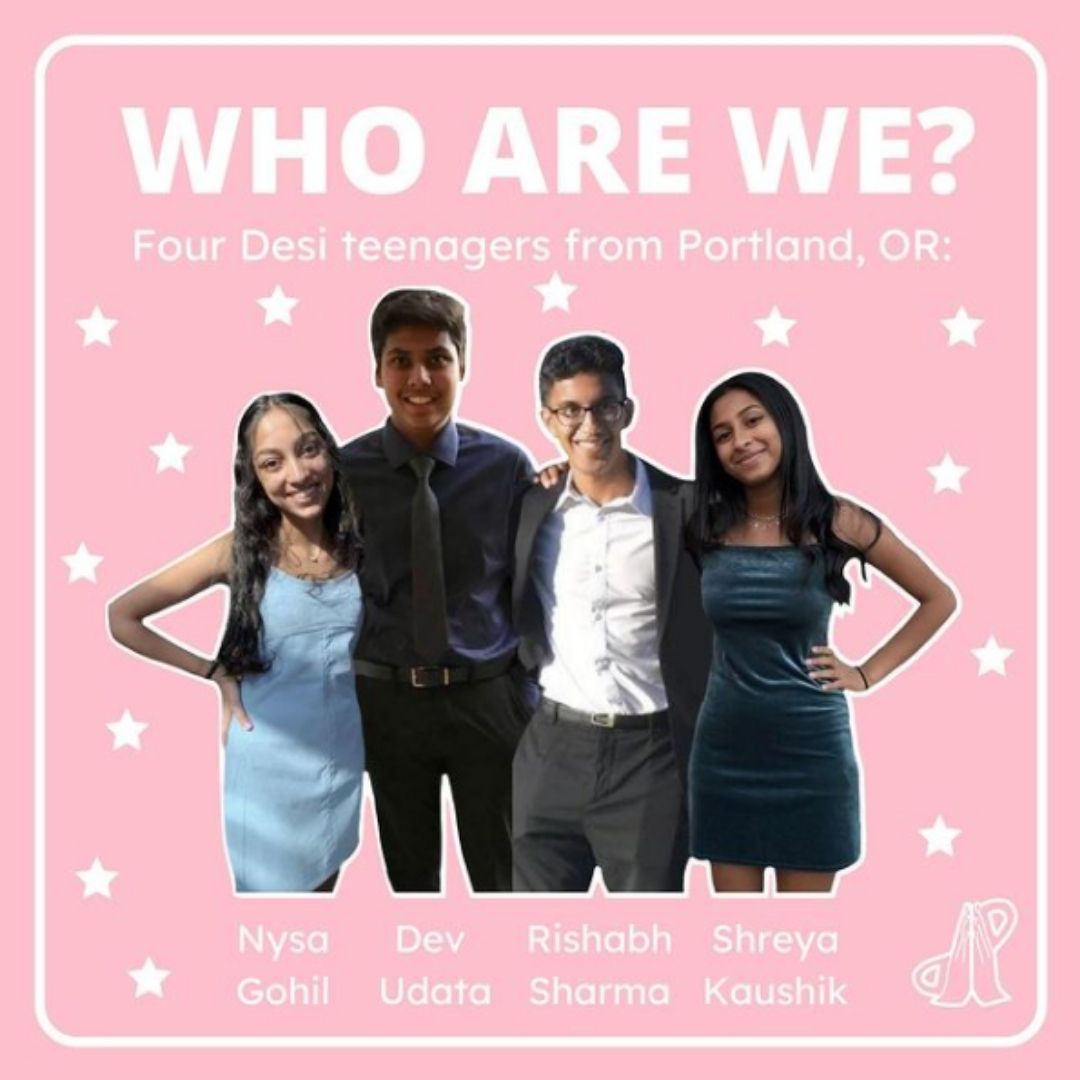
The Desi Project founders.
Shreya: All of us go to Jesuit High School in Portland, Oregon, and we noticed that a lot of the seniors graduating from our school posted on their Instagram and social media stories how they felt discriminated against or about stereotypes that they faced during their time at Jesuit. It was mostly coming from a majority South Asian population, so noticing this, and feeling these stereotypes before, we wanted to make a change. That’s why we started this organization.
Rishabh: After gaining some basic feedback from the seniors in our school, we interviewed many more South Asian teenagers around America, and we found out that this was a common problem. They wanted a place to share their culture and stories and experiences, and not be judged or attacked for them because it’s different than what the traditional American story is. So, we created The Desi Project to empower South Asian teenagers in America. Our mission is to give them a platform where they can become more confident and comfortable with their culture, and provide them with a place where they can share their stories and culture with the community.
Nysa: We have a blog where South Asian teenagers can write about their experiences of being a South Asian in America一other non-South Asians are welcome to comment and interact with those blog posts. We also create Youtube videos that inform everyone about stereotypes and other issues like colorism. We also have events where we can spread South Asian culture. For example, we donated sack lunches to a homeless shelter, but they were South Asian themed sack lunches, so that got a lot of people involved and helped spread South Asian culture in a different way.
Chloe: Could you elaborate on a few of the community events you’ve initiated?
Shreya: The sack lunch donation drive is one of the biggest events we’ve done so far as an organization. In October, we collected over 250 sack lunches from our local community and they were filled with South Asian foods. We actually talked to local South Asian stores, and we received donations of biscuits and snacks to put in the bags. What we thought was really important was that the community was getting involved; we were actually having an impact, which is one of the most important things that an organization can do. We were able to donate it to a local homeless shelter which was pretty awesome, and we had a lot of fun doing it as well.
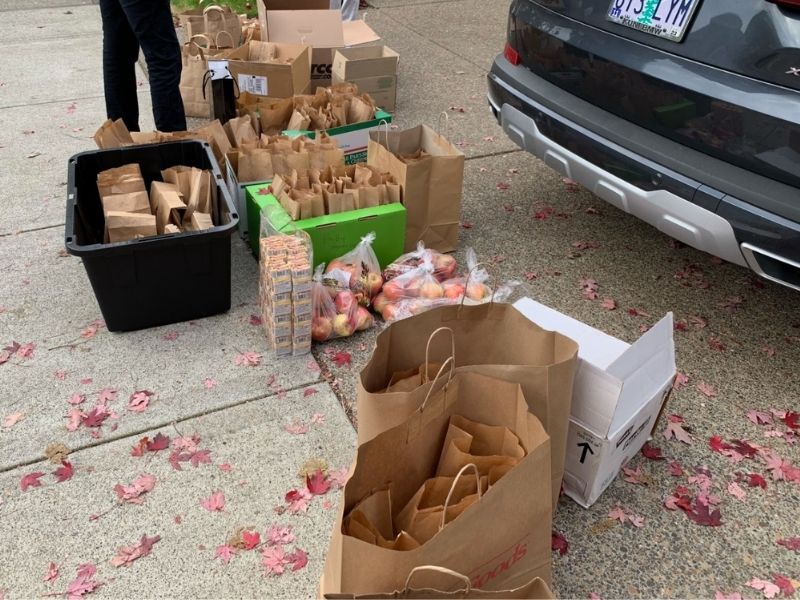
The Desi Project packed over 250 sack lunches filled with South Asian foods provided by local businesses and delivered to a local homeless shelter.
Rishabh: Youth Artists Unite is another local organization focused on emphasizing arts and dancing from different cultures, so we thought it would be really good to partner with them and host an event where we can showcase South Asian culture specifically. It’s been pretty hard online to try to host these things, so we’ve worked out a system where through their organization, we’ve reached out to a bunch of South Asian dancers and we’ve been sending videos weekly of South Asian performances to nursing homes to showcase to their guests.
Shreya: To add on, obviously the dancing and everything is amazing, but we also make sure to add on a little bit of history at the beginning, just so that there’s context for what the dance is, what it’s about, and again, that’s that education aspect that we’re giving to the guests.
Chloe: Although The Desi Project is unaffiliated with your school, how has this impacted your school community?
Dev: We were actually able to do a lot with our school even though we are not associated with them. We reached out to the history and English departments, because this year they were really focused on diversity and inclusion. We were able to give them curriculum to help their students realize places in their communities where there’s not enough empowerment and recognition. We created some videos talking about South Asian history, because there’s a lot that’s not in textbooks. We talked about the unwritten stuff, and then we made a video on it (that’s on Youtube). Then we gave that to the history department, and they’ve been able to share that with their students. Hopefully that inspires those students to be able to go to their communities and find places in the communities where they’re not represented.
Chloe: Could you speak a bit about the misrepresentation of South Asian people?
Rishabh: Some of the obvious stereotypes are that if you’re South Asian, you have to be really talented at math or science; then there’s the South-Asians-only-eat-curry; there’s the traditional depictions of South Asian dances, clothes, and food. All of those microaggressions can make South Asians feel discriminated against, and to not feel right with themselves and their identity. They start to reject their culture because of it, so that’s why we wanted to try to improve society by spreading more awareness of what actual South Asian culture is and not the stereotypes.
Chloe: Is the project centered as equally as it is on empowering Desi teens as it is on dismantling racism (by educating white Americans and other non-South Asians)? Is one more central to your organization, or are they unable to exist without each other?
Shreya: This is more centered on the switch we had as an organization. Before we were more centered on empowering South Asians一let’s get this blog, let’s talk to them and have them tell us about the experiences that they’ve faced. Then we were kind of like “wait一an important part of this is also having white Americans learn about South Asian culture.” That’s where we’re working on a volunteer matching system, where we take a group of students and volunteers一South Asians and non-South Asians一in our community, and we assign them to local organizations in our community who need help, whether it’s homeless shelters or women’s shelters or food banks. Then we try to incorporate a South Asian twist on it, so you would be volunteering at a homeless shelter, but you would be doing a South Asian dance or playing South Asian music while they’re eating. We are trying to bring that part in where we get rid of that separateness, and where South Asians and non-South Asians are involved, getting together, and combating systemic racism while helping people at the same time.
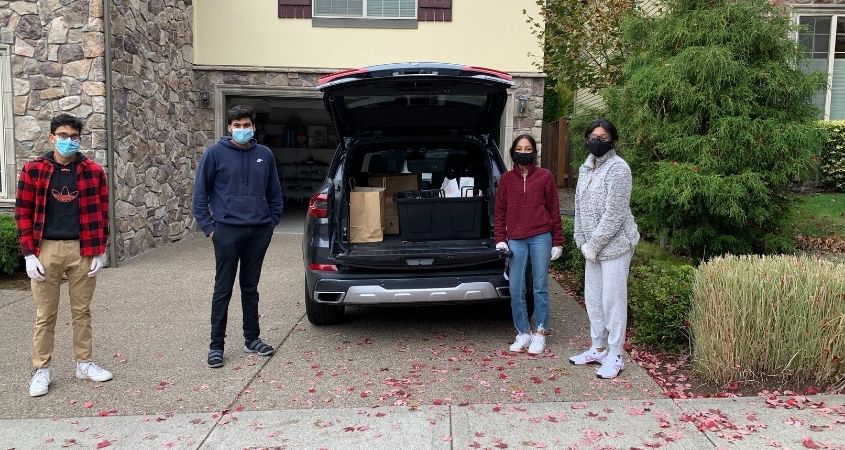
The Desi Project founders prepare to deliver sack lunches as part of their commitment to community engagement.
Chloe: What institutional changes ultimately need to be made in America in order to dismantle anti-South Asian racism?
Dev: In my opinion, I believe一and this might be a little critical一that racism will never end as long as humanity is here in the world, because it’s a human trait to negate a certain culture. The best way to combat it would be for people to learn to stand up for themselves and to educate others, because people aren’t going to realize the mistakes they’re making unless people tell them. It’s like how in school, if you make a mistake, you have consequences. I think in society there has to be consequences for the actions people take against other races.
Nysa: I think education is really important to combat racism, because people don’t really know where it’s coming from. It’s hard to understand how other people are dealing with it when they don’t really know how South Asians are feeling or how it affects them. So I think that with all of the microaggressions and things like that, people might not realize they’re actually doing it, so to get rid of it, you need to educate people about it.
Rishabh: The education is really important, and in order for it to work, people also have to be open to realizing that they could be wrong about certain things, because that’s the foundation of institutionalized racism. If people cannot admit that they’re wrong, then change can never happen. People have to educate others on what they know, and also be open to learning new information and adapting their beliefs based on what they’ve learned.
Shreya: I think another essential part is looking at it from an optimistic point of view一we’re already there: our vice president (Vice President Kamala Harris) is South Asian and Black and that representation is coming through; people like Hassan Minaj; people in media; people in sports. South Asians are being represented. I think it’s just that difference between representation and then empowerment. That misrepresentation part is what we’re trying to get rid of, as we’ve said, education and awareness is our biggest goal, and we really hope to make that come through and make a difference through our organization in that way.
Chloe: What do you see as the future for The Desi Project?
Rishabh: We are working on a couple of immediate projects, like the volunteer matching program, as well as more larger events on a local scale. I think in the longer term, we just want to grow our project, get more traction, get more outreach, get more people around the world submitting their blogs or stories, so it can be a more put-together community.
Shreya: To add on to that, some of the more specific things we’re doing include hosting a workshop at our school in a couple of weeks, talking about social justice issues and how that relates to being a South Asian in America. Another thing we’re planning on doing is hosting a dinner take-over at a local homeless shelter, where we cook South Asian food for the homeless. Our goal is to get that reach out there, because especially during the pandemic, that is one of the most difficult things to do一just getting people to come to your organization and listen一so that’s one of our more long term goals.
You can follow The Desi Project at thedesiprojectpdx.org, on their Instagram, @thedesiprojectpdx, and their Youtube channel, Desi Project.
Link to all things The Desi Project
Chloe Becker is an artist committed to creating Catholic art for racial justice. She graduated from Magnificat High School in 2020, is currently taking a gap year, and will be attending Harvard University in the fall of 2021. She is spending her time this year in Cleveland, Ohio as an intern at ISN and doing lots of painting. In 2019, she painted a mural at her high school to strengthen the Catholic Church’s voice against racism, which gained attention over social media and was published in an article in America Magazine. She spoke at the 2019 Ignatian Family Teach-in for Justice, and has had her writing published by ISN.

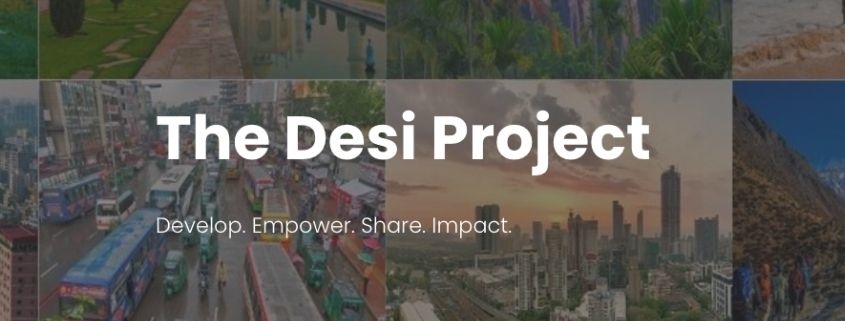

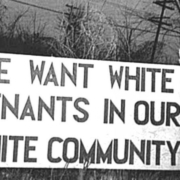


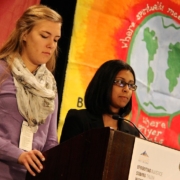
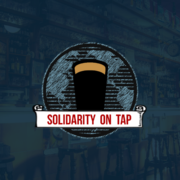

World-building is an ongoing project. Several members of the Desi community come from the region of Mahatma Gandhi, Mother Teresa, Sir Rabindranath Tagore, Acharya Vinoba Bhave, and other luminaries who spent their precious lives in illuminating the minds of their time and humanizing their surroundings. The Desi Project is a fine initiative.
I’m going to be honest and this is based on my own interactions with South Asian people either working with students or in general. It’s a great culture especially most people I’ve met are mostly often friendly and genuine, but there are a couple of taboo subjects that I do not agree with that is ingrained within the culture which I will not discuss here.
This project is great for those taking part and for the people that benefit from the help and knowledge based on occasions on racism etc, but I do hope this is not in one direction whilst discussing racism because from my perspective I know through experience that South Asian people can also show signs of racism to other cultures.
When it comes to these types of projects that centre around one race doesn’t it become counter productive and divisive when there is one particular race that isn’t allowed to even be proud of there race and say that racism doesn’t happen towards them but because it’s them, also it’s irrelevant topic of conversation when mentioned.
Good luck for this project but remember also teach your own race to respect other cultures and about racism that is from your own culture to others.